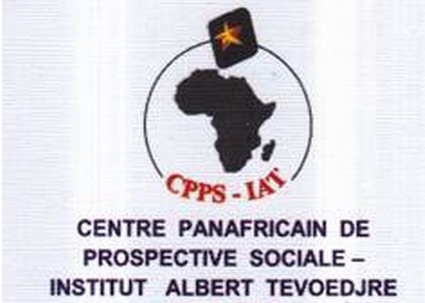TOLERANCE AND SOLIDARITY .
An article from La Croix (translated by CPNN)
“International Symposium of the Pan-African Centre for Social Prospects for Peace and Development through Interfaith and Intercultural Dialogue”. This is the title of the conference organized in Cotonou, Benin, from Tuesday 26 to Thursday, May 28, for a “general mobilization against the danger of Boko Haram.”

This conference is a followup to the one devoted to interreligious dialogue, held in Cotonou in March 2014, under the presidency of Cardinal Jean-Louis Tauran, president of the Pontifical Council for Interreligious Dialogue. It had focused on the factors promoting violent Islamic extremism: tensions between ethno-religious communities, illiteracy, weak governance, inadequate justice systems and lack of interreligious dialogues, especially Islamic-Christian.
Announced by the Beninese president himself, Boni Yayi, last November, the symposium is in the context of peace education and the fight against religious extremism in Africa (Boko Haram, AQMI , etc..).
“Military force will not be enough to annihilate the jihadist movement that flourished in the fertile soil of a population deprived of access to education and health,” according to the new Nigerian President Mohammadu Buhari, in the press conference of Benin.
“This symposium will be based on inter-religious and intercultural dialogue to build peace around practical concerns of fight against poverty,” said Albert Tevoedjre, former Ombudsman of Benin and President of the Pan-African Social Prospects Centre, during a meeting with the press on May 20 The initiative is to establish “trust between followers of different religions to build together a better society with development and peace and to mobilize the enthusiasm around concrete tasks whose priority is recognized by all”, he explained.
Sponsored by the government of Benin, this African initiative has many supporters, including the United Nations Development Programme (UNDP), UNESCO, the ECOWAS (Economic organization created by the Treaty of Lagos in 1975 by fifteen States of West Africa) … By offering its availability to become “peace advocate another way,” the Benin also wants to generate a network of African parliamentarians to “ensure that every State makes avalilable the resources needed to achieving these objectives. ”
Among the 200 participants from all continents are various academics from Egypt, Lebanon and Indonesia, and personalities such Abderhamane Sissako, director of the film Timbuktu, Nassir Abdulaziz Al-Nasser, UN representative, William F. Vendely, Secretary General of Religions for Peace and Francis Kagema Kuria, secretary general of the African Council of Religious Leaders.
Many African leaders are also present, starting with Nigerian President Olusegun Obasanjo, as well as many African and European Muslim leaders Muhammad Saa Abubakar III, Sultan of Sokoto in Nigeria; Shaban Mujabe, Grand Mufti of Uganda; the Algerian Sheikh Khaled Ben Tounès, world president of the association “Friends of Islam”; the imam of Banguy (Central); Azzedine Gaci, and the rector of the mosque in Villeurbanne (France) …
Also announced are leading figures of the Catholic Church, Cardinal Philippe Ouédraogo of Burkina Faso, Archbishop of Ouagadougou; Nigerian Cardinal John Onaiyekan, Archbishop of Abuja; Archbishop Jean Zerbo, Archbishop of Bamako (Mali); Bishop Paul Simon Ahouanan, Archbishop of Bouaké (Ivory Coast) and president of the new National Reconciliation Commission and compensation of victims (Conariv); Bishop Jean-Marc Aveline, Auxiliary Bishop of Marseille …
(Click here for the original French version of this article.)
Islamic extremism, how should it be opposed?
Readers are encouraged to comment below on this theme which refers to the following CPNN articles:
Benin encourages interfaith dialogue against Boko Haram
Speech of Sierra Leone Foreign Minister to the Organization of Islamic Cooperation
Nonviolent Peaceforce: Urgent Update from South Sudan
The Challenge: A Cultural Program to Reject Extremism and Violence
The Elders debate “should military action be taken against Islamic State?”
See below for comments box.